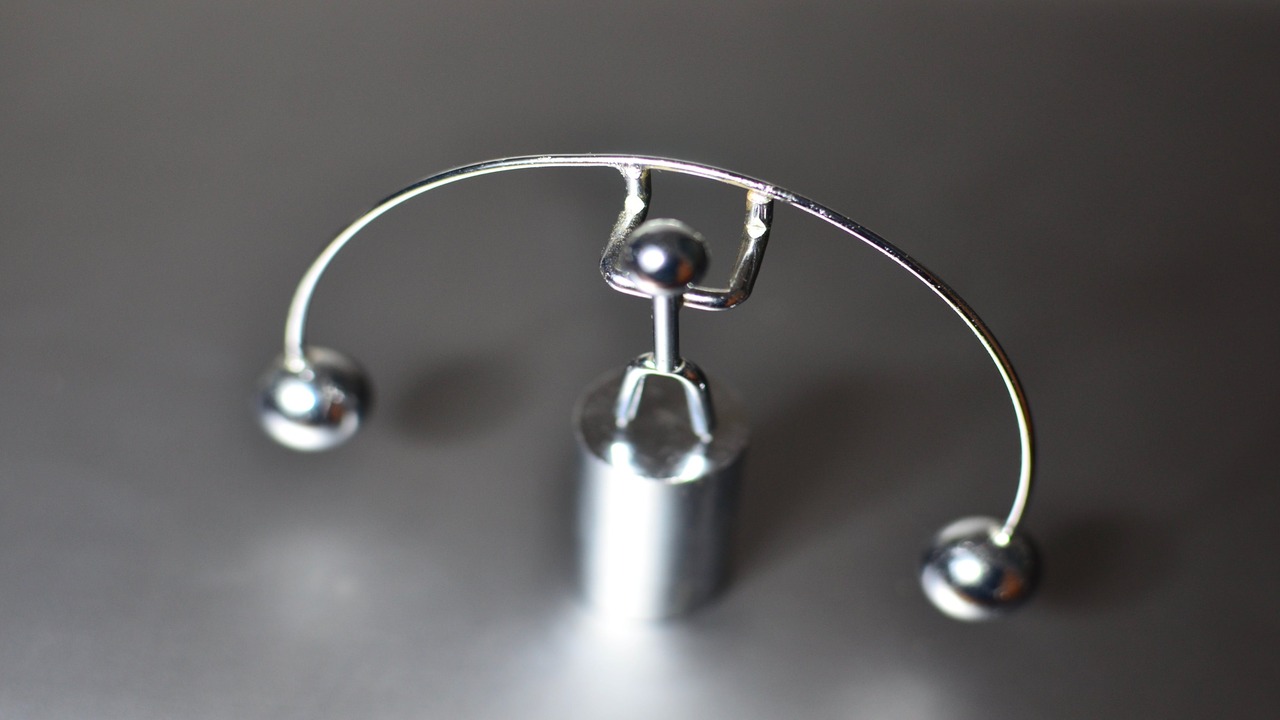Science & Technology, UK (Commonwealth Union) – University College London (UCL) physicists have unveiled a groundbreaking theory that offers a consistent fusion of gravity and quantum mechanics, while upholding Einstein’s classical concept of spacetime. In a dual publication in Physical Review X (PRX) and Nature Communications, Professor Jonathan Oppenheim and his team challenge the prevailing assumption that reconciling quantum theory and Einstein’s general relativity requires modifying gravity.
Contrary to the approaches of string theory and loop quantum gravity, which seek to modify spacetime, Oppenheim’s “postquantum theory of classical gravity” suggests that spacetime may remain classical, untouched by quantum theory. Instead, the theory modifies quantum theory itself, predicting an intrinsic breakdown in predictability mediated by spacetime. This results in unpredictable, violent fluctuations in spacetime, surpassing those envisaged by quantum theory and rendering the precise measurement of object weight unpredictable.
A second paper in Nature Communications, led by Oppenheim’s former PhD students, explores the consequences of the theory and proposes an experiment to test it. The experiment involves precise measurements of a mass, such as the 1kg standard at the International Bureau of Weights and Measures in France. If fluctuations in measurements exceed mathematical consistency requirements, the theory can be ruled out.
The results of this experiment, or other supporting evidence, will determine the outcome of a 5000:1 odds bet between Professor Oppenheim and proponents of quantum loop gravity (Professor Carlo Rovelli) and string theory (Dr. Geoff Penington). Over the past five years, the UCL research group has rigorously tested and explored the implications of this groundbreaking theory.
Professor Oppenheim commented, “Quantum theory and Einstein’s general relativity are mathematically incompatible, prompting the question of how to resolve this contradiction. Should spacetime be quantized, should we modify quantum theory, or is there another solution entirely? With our newly established consistent fundamental theory, where spacetime remains unquantized, the possibilities are wide open.”
Co-author Zach Weller-Davies, who played a vital role in developing the experimental proposal and contributed significantly to the theory during his time as a UCL PhD student, indicated that this discovery not only challenges our comprehension of the fundamental essence of gravity but also provides avenues for exploring its potential quantum nature.
“We have shown that if spacetime doesn’t have a quantum nature, then there must be random fluctuations in the curvature of spacetime which have a particular signature that can be verified experimentally.
“In both quantum gravity and classical gravity, spacetime must be undergoing violent and random fluctuations all around us, but on a scale which we haven’t yet been able to detect. But if spacetime is classical, the fluctuations have to be larger than a certain scale, and this scale can be determined by another experiment where we test how long we can put a heavy atom in superposition of being in two different locations.”
Dr. Carlo Sparaciari and Dr. Barbara Šoda, co-authors of the study, contributed essential analytical and numerical calculations that played a crucial role in guiding the project. Their collaborative efforts have instilled optimism that these experiments may provide insights into determining the viability of pursuing a quantum theory of gravity.
Dr. Šoda, who was formerly associated with UCL Physics & Astronomy and is currently affiliated with the Perimeter Institute of Theoretical Physics in Canada, remarked, “Considering that gravity manifests itself through the bending of space and time, we can approach the question by exploring whether the flow of time exhibits a quantum or classical nature.”
Professor Sougato Bose from UCL Physics & Astronomy, although not directly involved in the recent announcement, was one of the pioneers who initially proposed the entanglement experiment. Commenting on the significance of experiments aimed at testing the nature of spacetime, he indicated that, efforts to explore the fundamental laws of nature through experiments on spacetime will require a substantial undertaking. While predicting the timeline for such endeavors is challenging, where he believes these experiments are feasible, and they might have answers within the next two decades.








